BMS Economics: A Time of Reflection
During these challenging times, we have been incredibly impressed and proud of the response from our BMS GCSE and A-Level economists. They have been putting forward their views on...
Filter by Category
Filter by Author










































































































































































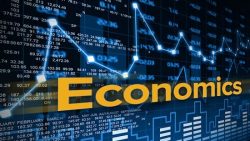
During these challenging times, we have been incredibly impressed and proud of the response from our BMS GCSE and A-Level economists. They have been putting forward their views on...
Posted by Jiten Jesani
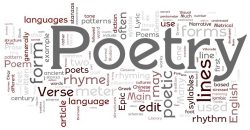
Can you express yourself through poetry – in whatever shape or form? On behalf of the English Faculty, Mr Johnson and Miss Stanton are excited to announce the launch of our themed...
Posted by Gary Johnson

Posted by Jeremy Turner

I continue to be inundated with delicious looking food my students have been making from the planned activities I have been sending home. I am particularly proud of my Year 10’s...
Posted by Alison Hanbury
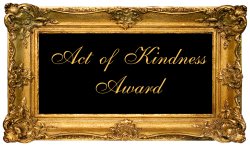
Acts of Kindness by members of our school community are continuing to support others and also provide meaning and a positive feeling for those who are doing the Acts of Kindness....
Posted by Sara Ash - Deputy Headteacher

As you will know, over the last year and half the English faculty has invested in Bedrock Vocabulary learning for all year 7 and 8 students. We recognise that boosting...
Posted by Danielle Bowe
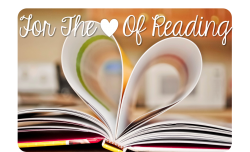
Carnegie Shadowing Group News This week’s featured book, also available as an ebook through the local library, has been greatly in demand with our shadowers. Eagerly awaited by...
Posted by Teresa Turton
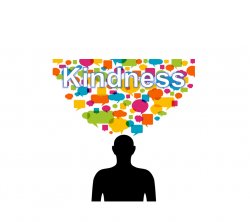
Posted by Sara Ash - Deputy Headteacher
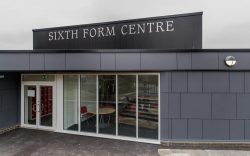
As the remote learning continues for the Sixth Form students, Year 12 in particular are working hard to ensure they are making the progress needed for success. This week I spoke...
Posted by Matthew O'Kelly

Continue to Keep Yourself Busy with Your Family During Lockdown With the Humanities and Social Sciences Faculty Hopefully, some of you managed to achieve some of the challenges...
Posted by Stephanie Knowles
During these challenging times, we have been incredibly impressed and proud of the response from our BMS GCSE and A-Level economists. They have been putting forward their views on the current crisis which includes their analysis on which global policy responses have been the most effective and what the future might hold for the global economy. They have also used this period as a time of reflection. This is particularly poignant for our Year 13 students who would have been preparing for their A-Level exams but instead are now looking ahead to life after school. They have shared their thoughts on how studying economics has impacted them academically and also from a personal development perspective and how this has prepared them for the next stage of their lives.
What have you enjoyed the most about studying A-Level economics?
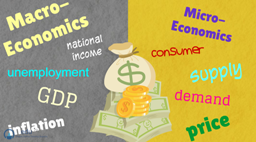 The most enjoyable part of economics is that you can apply it to real life scenarios on a large (macro) scale, for example the Financial Crisis and COVID-19, all the way down to understanding decisions businesses must make (micro), as well as individual consumers. It has been useful to help develop life skills, such as learning about interest rates and how the economy works, for reference for future life.
The most enjoyable part of economics is that you can apply it to real life scenarios on a large (macro) scale, for example the Financial Crisis and COVID-19, all the way down to understanding decisions businesses must make (micro), as well as individual consumers. It has been useful to help develop life skills, such as learning about interest rates and how the economy works, for reference for future life.
Studying A-Level economics has given me a more holistic view on the world and how it operates; from understanding why prices act the way they do, to why certain economic policies are embraced by people with different ideological ideals. I believe that anybody that wants to understand the world that we live in has to study economics.
What have you enjoyed the most or found most interesting about economics since we started online learning?
Analysing and summarising articles that are relevant to the current events and being able to theorise possible outcomes. An interesting thing I have noticed is that with my knowledge of economics I seem to be more informed than some family members which made me realise how important it is to have some knowledge from this subject, as it makes these kinds of situations (although scary) less daunting if you understand the cogs working behind what is happening in the economy now.

I have enjoyed the variety that online learning brings the most, from quizzes to videos to research, it has been a really interesting way to learn, as well as useful as many universities assess in a variety of ways, not just by written examinations which GCSE’s and A-Levels are so heavily focused on.
What have you found most challenging? In school and since online learning.
In school, although not directly connected to the course, it was probably getting over my fear of speaking in front of the class since being one of two girls in the room was daunting, but I just learnt to be confident in what I say. Saying that, in this course you don’t just gain knowledge but other life skills like speaking to people.
What has been your most favourite economics related conversation with your friends / family / in school? Why? (You can choose a particular topic or lesson if you can’t think of a conversation)
I can’t pinpoint a conversation but I had many economic related conversations (and debates) most mornings with my peers over articles we read on the news, and it was good to bounce ideas off of each other.
I enjoyed conversations that we have in school. For example at the start of COVID-19, we used to debate in the 6th form centre how we think the government should tackle not only the virus but also the economic impact of the virus, and as a result we took a keen interest in the news and what has been going on surrounding COVID-19.
How do you think studying A-Level economics might help you in the future?
A-Level Economics has helped me develop my knowledge of how financial systems and markets work, such as knowing how interest rates work, etc. as well as providing skills for debating and presentations, incorporated into learning.
I think studying economics will help me greatly in the future. At some point, I would like to become an investor, and understanding things like market structures, inflation, behavioural economics and consumer behaviour will all help me immensely.
My degree course is Life Sciences and Global Sustainable Development at Warwick University, which is a mixture of biology, economics and sociology. I want to use this and everything that I have learnt to help to solve world issues like plastic pollution, deforestation, poverty and food scarcity.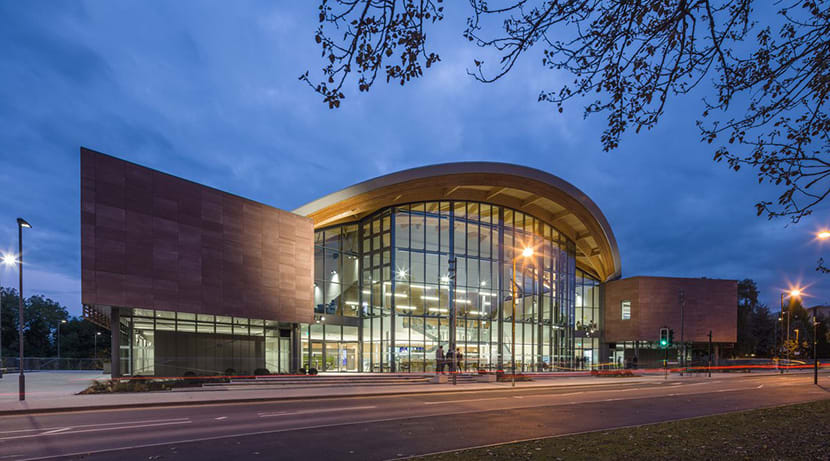
What advice / what would you say to somebody thinking of studying A-Level economics next year? Why? Develop your answers as much as possible.
Generally, if you’re not sure if you want to take economics, I would say just take it. It’s a subject that is so relevant to life that even if you’re thinking of doing a degree or career you think is not related to economics, it is somewhat related to it in some way. The course not only makes you understand the world more but also develops skills like researching, essay writing and presenting information.
My main piece of advice for someone studying A-Level Economics is that it is a great subject to get to know how the world works, and as a result, keep up to date with current affairs and what is going on in the world around you, as it could help you to apply the theory that is taught to these real-life events.
Has studying A-Level economics helped you in understanding or analysing the current crisis? If so, how?
It definitely has and it is almost comforting understanding the situation behind the scenes. I look at the actions the government is taking but also looking at the situations in other countries to make predictions and theories on what could happen next. It has also helped me explain to my family what is going on.
The current crisis is, on the face of it, a medical crisis. Hundreds of thousands of people are already dead. But, look a little deeper and we can see that our economy is on halt, and is decaying with every day that passes. If I did not take A-Level economics, I doubt I would know even a quarter of what I know with regards to the coronavirus crisis.
A-Level economic theory has enabled me to begin to understand how the government is responding to limit the financial repercussions of COVID-19, for example how lowering the interest rate will help to stimulate the economy, and when reading the news articles my brain is thinking through the chains of analysis that we have been taught during the course!
Economics has shown me how small changes can have a huge impact on the global economy and gives me a better understanding of the current crisis.
A big thank you to everyone in Year 13 economics who took the time to share their experiences with us all. We wish you all the best for the future and hope you that you look back fondly at your time at Bushey Meads School.
Congratulations are also in order for Krish Varma in Year 11 who has been accepted into the London School of Economics Summer School programme which offers students the opportunity to spend a week at LSE after their GCSE’s. The course will now be online based but Krish will still have the opportunity to gain exposure to LSE, its staff and students from around the country. LSE have also scheduled campus events for later in the year and next year for students to visit and spend time at the campus itself. Well done Krish!
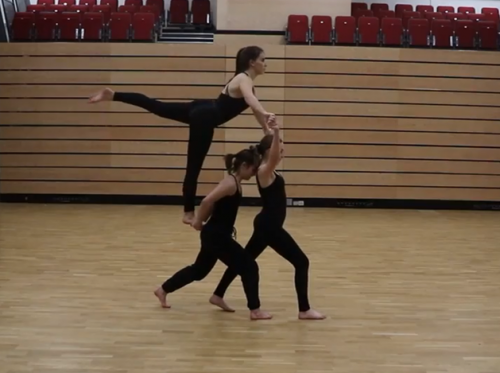
GCSE and A Level Dance at Bushey Meads allows our students to explore a range of dance styles with a heavy focus on both performance and choreography. In both the A Level and GCSE...